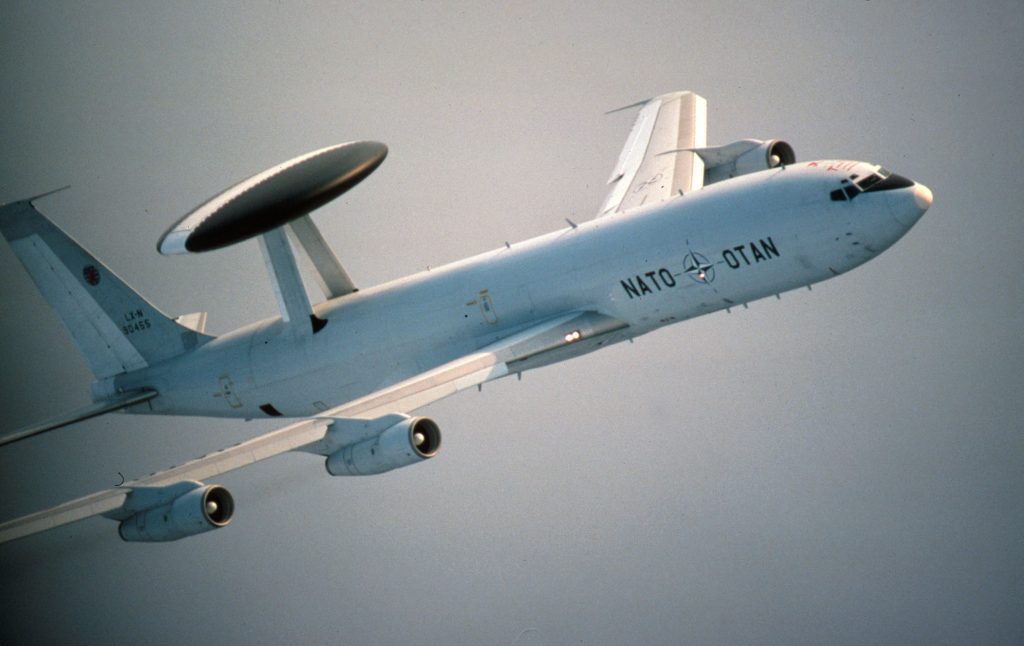
From Robert Burns, the AP: President Barack Obama’s insistence that NATO, not the U.S., take the lead in attacking Moammar Gadhafi’s military is exposing a hard truth about an alliance that never before fought an air campaign with the U.S. in a back seat. Even against an enemy as weak as Libya, NATO needs the backbone of U.S. might to fight effectively.
It’s not a matter of NATO’s 27 non-U.S. member countries having too few combat aircraft, pilots or bombs. The problem instead is that while some, such as France and Britain, are willing to participate fully, others have limited their roles to noncombat action, and still others have decided not to participate militarily at all.
All have grown accustomed to a far different alignment – one in which the U.S. leads the way and bears the bulk of the combat burden. …
Hans Binnendijk, vice president for research at the National Defense University and a leading U.S. authority on NATO, said Wednesday it is now clear that Obama’s decision to draw back the U.S. military into a secondary role in Libya carried an implied challenge to NATO: "Let’s see what you can do."
"And it may well be a sobering lesson for the Europeans to recognize that it is very hard for them to do these operations without the United States," he said in an interview.
Not least among the reasons for his conclusion: the gap between defense spending by the U.S. and its allies is enormous. NATO Secretary General Anders Fogh Rasmussen is fond of saying that whereas 10 years ago the U.S. accounted for just under half of NATO members’ defense spending, it now is close to 75 percent. And the gap is likely to continue to grow, the NATO chief said, even with expected U.S. spending reductions. …
Obama’s decision to withdraw from offensive air operations earlier this month was a calculated gamble that the Europeans, with help from Canada and non-NATO members Qatar and the United Arab Emirates, could accomplish the mission of protecting Libya civilians without U.S. combat power. They may yet succeed, but what has become clear in recent days is that it probably will take longer than if the U.S. had stayed at the forefront. (photo: NATO)
Image: nato%204%2014%2011%20NATO%20AWACS.jpg
